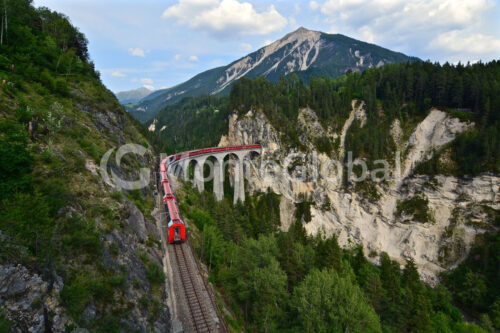Montenegro's Prospects for Accession to the European Union
Published

Montenegro is one of the most advanced candidates for EU membership among the countries of the Western Balkans. Negotiations with Brussels started back in 2012, and all 33 negotiating chapters have already been opened. As of the end of June 2025, six chapters have been provisionally closed, including the recently closed chapter 5 — public procurement. The European Commission indicates that the remaining chapters may be completed by the end of 2026 or 2027.
Senior EU officials, including the President of the European Council, Antonio Koscha, express their support for Montenegro's ambition to become the 28th member of the EU by 2028, noting it as an example of a positive expansion of the bloc. The European Parliament also welcomed Montenegro's goals, stressing the need for further reforms, especially in the areas of elections, justice and the fight against organized crime.
The European Union provides significant financial support to the candidate regions: the plan for 2024-2027 provides 6 billion euros in grants and loans for the Western Balkans, including Montenegro. In addition, there is the Western Balkans Investment Fund (WBIF), which finances major infrastructure projects in order to bring them closer to European standards. In addition, under the IPA (Instrument for Pre-Access Assistance) program, Montenegro has access to new funds of about 14.2 billion euros until 2027.
Thus, geopolitical challenges, such as Russian aggression, have accelerated the EU's interest in enlargement, and Montenegro is now perceived as the closest candidate with a chance to become a member by the end of the decade.
Montenegro's investment attractiveness against the background of integration
The expectation of joining the EU enhances the investment attractiveness of the country. Affordable prices are fixed in the real estate sector, especially compared to most European countries, which creates favorable opportunities for investors.
. The growing tourist flow and expectations of an increase in rental demand make it possible to obtain attractive returns from resort real estate.
Montenegro is actively developing infrastructure — the construction of roads, ports, residential and hotel complexes, which additionally increases the value of real estate and attracts business. In addition, the government offers foreigners a simple and transparent procedure for buying real estate, without the need to create a legal entity or obtain special permits.
Integration into the EU promises to strengthen the legal protection of transactions, standardize legislation according to European standards, as well as simplify the visa regime — all this creates an additional flow of tourists and increases interest in short-term rental real estate . On a larger scale, joining the EU will boost the investment climate and attract international capital to commercial and residential projects.
Conclusion
Montenegro is making steady and steady progress towards joining the European Union. Increased support from Europe, the closure of negotiating chapters, and financial mechanisms all point to the possibility of membership by 2028.
Against the background of these processes, investments in Montenegro are becoming especially attractive: from real estate to infrastructure and business. Favorable legislation, the expected European integration and the growing tourist flow create good prospects for investments with high growth potential and reliability.


